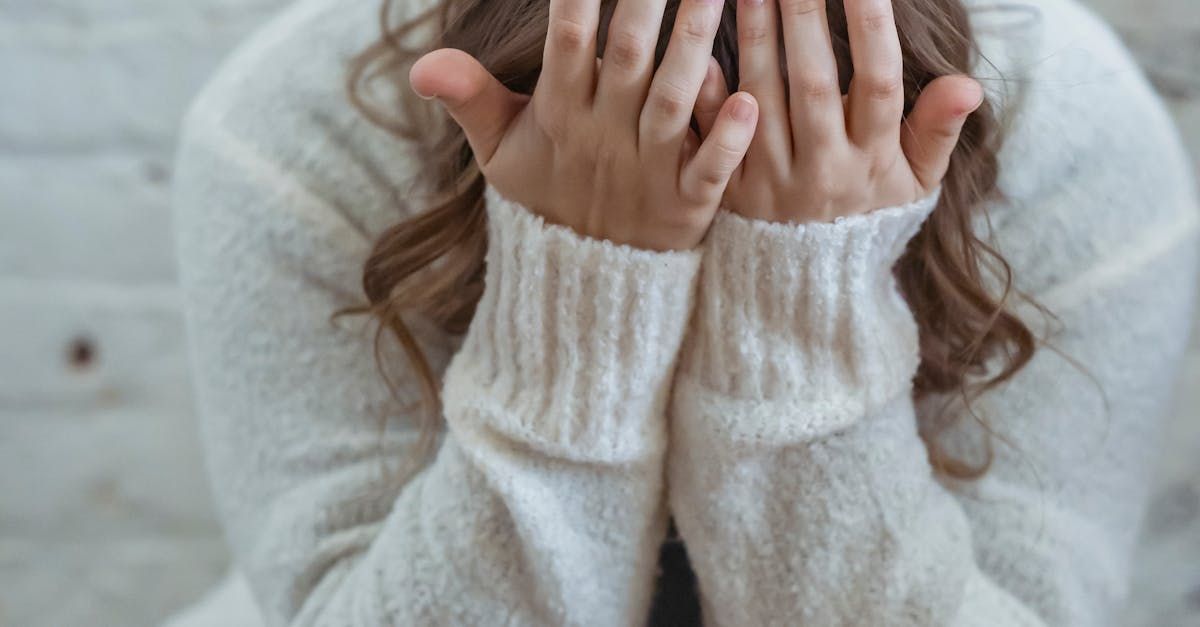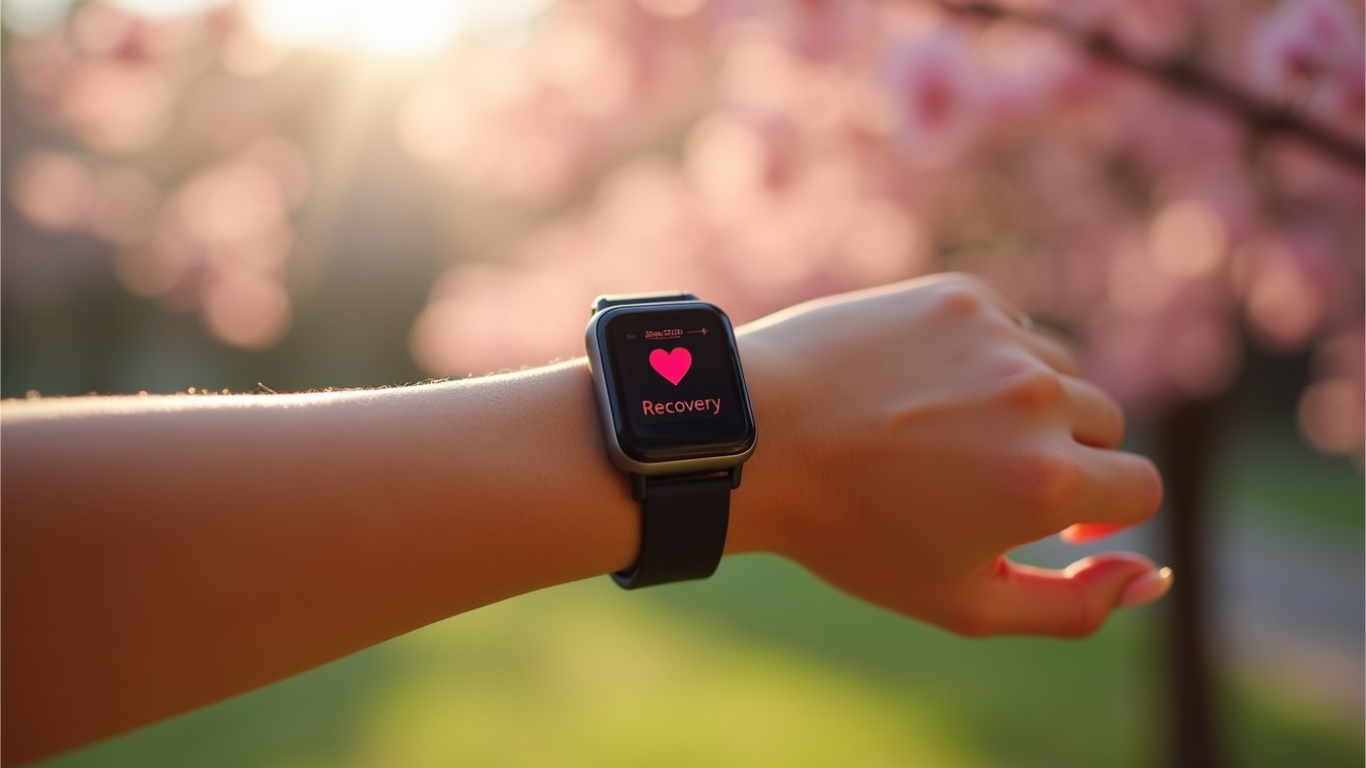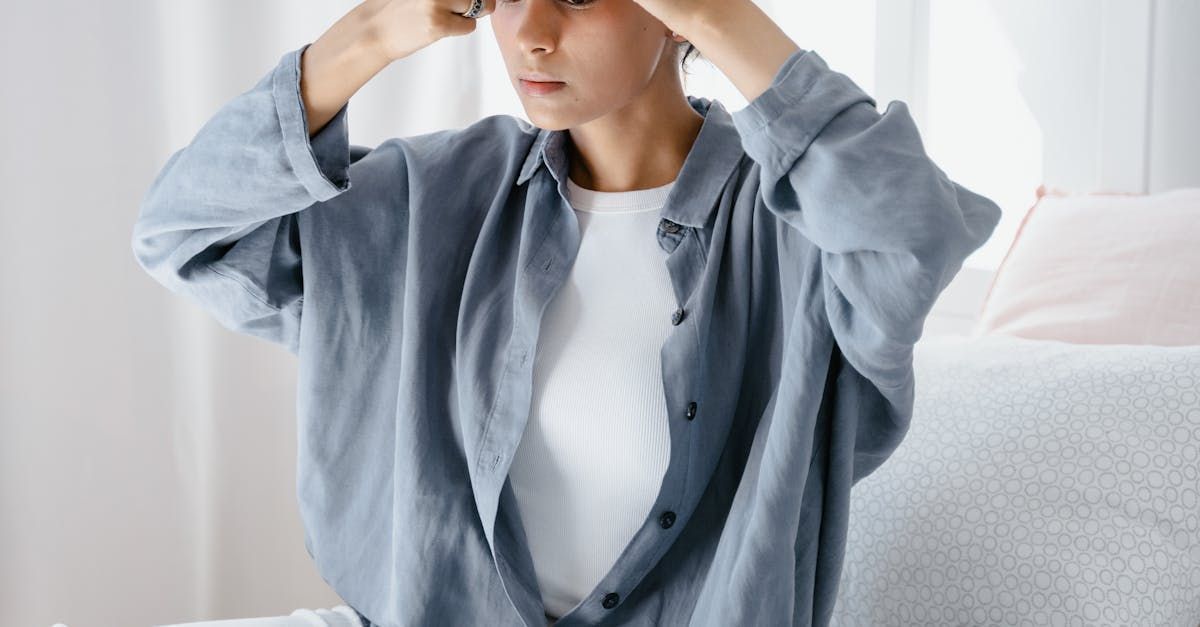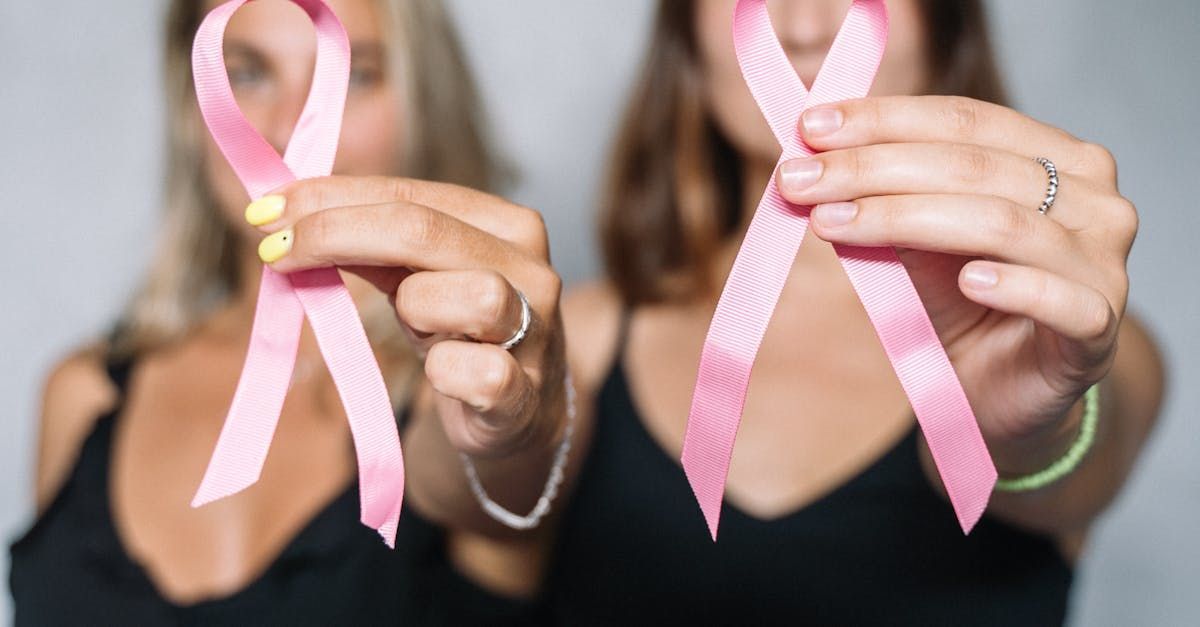S.A.D. - How to Recognize and Combat in 2021
There might not be a more appropriate acronym to exist than S.A.D – seasonal affective disorder, the specific type of depression that emerges as winter approaches and accompanies us through the cold, darker months ahead.
Roughly 5 percent of the U.S. population experiences S.A.D, with another 14 percent navigating a gentler form of seasonal mood changes often called "winter blues." For those of us already working through mental health challenges during the COVID-19 pandemic, S.A.D feels particularly present this year.
So what exactly is S.A.D and how does it differ from other forms of depression?
The symptoms mirror traditional depression – decreased energy, sleep disruptions, appetite changes, reduced motivation or concentration, feelings of helplessness or worthlessness. These experiences are triggered by seasonal transitions – particularly the reduced sunlight during winter months. This shift disrupts your body's natural circadian rhythm, along with serotonin and melatonin levels, which significantly influence your sleep patterns and emotional well-being.
If you've been finding it challenging to start your day or feeling like you're moving through life on autopilot these past few months, you might be experiencing S.A.D for the first time.
That said, if these feelings seem entirely new to you, they might stem from the exhaustion of navigating COVID and quarantine life. We're approaching the one-year mark of being asked to stay home, limit indoor activities, and postpone social gatherings, making it increasingly difficult to distinguish between traditional depression, pandemic-related depression, and S.A.D.
Healthcare professionals acknowledge the challenge of predicting exactly how the pandemic will affect those with S.A.D this year, though we can anticipate some impact, especially since this is our first winter collectively experiencing this level of uncertainty. They recommend regular movement and exercise, along with maintaining social connections (virtually when needed) as effective approaches for navigating this winter season.
Our Knew Health Community has explored ways to support ourselves through depression and anxiety, and we continue to stand by those approaches for managing S.A.D. However, one S.A.D-specific strategy worth highlighting is light therapy (phototherapy), which can directly address the reduced sunlight that contributes to seasonal depression.
Light therapy lamps can supplement your daily sunlight exposure – these compact devices emit bright white fluorescent light through a screen that filters out ultraviolet rays. Experts suggest sitting near the lamp for at least 30 minutes each morning, though individual needs vary, so distributing exposure throughout the day can be beneficial too.
To summarize, the overlap between traditional depression, COVID-related depression, and seasonal depression is significant – wherever you find yourself on that spectrum, your Knew Health Community is here to support you. Whether you'd like to partner with one of our licensed Health Coaches to work on your emotional and mental wellness goals, or you're seeking access to excellent Behavioral Health services, Knew Health provides resources to help.
We deeply care about our Community, and we understand that the path forward requires us to support each other. Schedule a call with a Member of our team to explore how we can best support your wellness journey.










